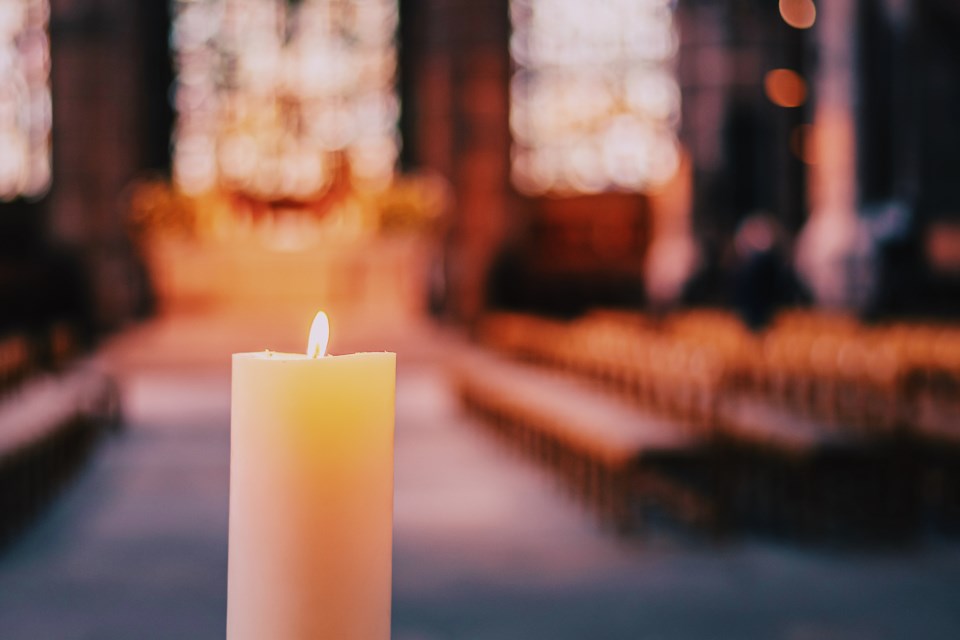The findings of unmarked graves of residential school students have once again reappeared in the news, and for good reason.
Delegates of Indigenous Canadians have been granted audience with Pope Francis, the head of the Roman Catholic Church, which ran many of these schools for decades in Canada.
The apology did not come immediately, but it did happen. In the days leading up to the pontiff’s expression of remorse, there was much talk about how he gave every appearance of concern, save for one thing — saying sorry.
Saying sorry is one of the most basic things that people would expect when a major wrong has been committed.
In the time before the apology arrived, this was causing many raised eyebrows.
However, I’d bet that this delay was not simply an insensitive oversight — though it can certainly come across that way.
It’s quite routine in many cases for large organizations, entities, or celebrities to seek legal counsel in the face of a massive public relations issue — like, say, mass graves.
In a case like this, an apology has much more far-reaching implications.
The pope likely had to consider how an apology will come across as an open admission of guilt that will no doubt be used as ammunition in any number of courts worldwide.
He likely had to wonder about how much money the church has in its coffers to pay for all the defence attorneys who will be battling hundreds — or even thousands — of lawsuits.
One can only imagine the types of conversations Pope Francis was having over the phone.
“Hello? GEICO? Hey, uhm, what’s your coverage in the event that an international institution has to make financial reparations for the recent discovery of mass graves?”
“Thanks for calling! We don’t have anything like that in our policy manual. I’ll have to consult my manager! Please hold!”
All of this is not to excuse the pope or the church, but rather to perhaps understand why such a basic thing as saying sorry didn’t happen as immediately and obviously as one might expect.
It takes a brave leader to admit such a massive failure on the part of his institution, for it can threaten the existence of him and the organization he stands for.
In this case, Pope Francis showed he’s the kind of leader with the courage to say sorry, despite making the church vulnerable.
It takes a true leader to understand that while the church has much to lose, those who lie beneath the grounds of those schools already lost everything.



